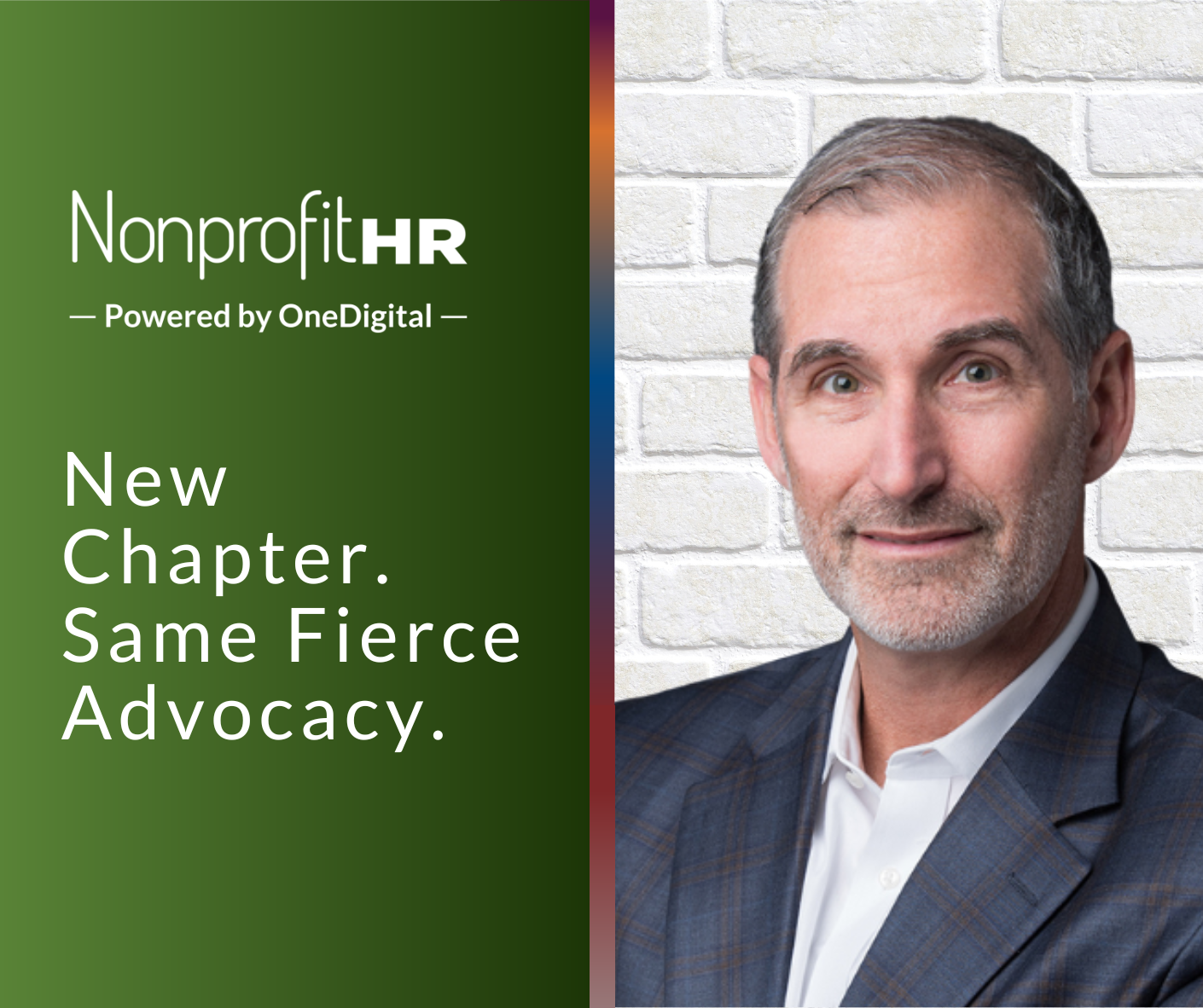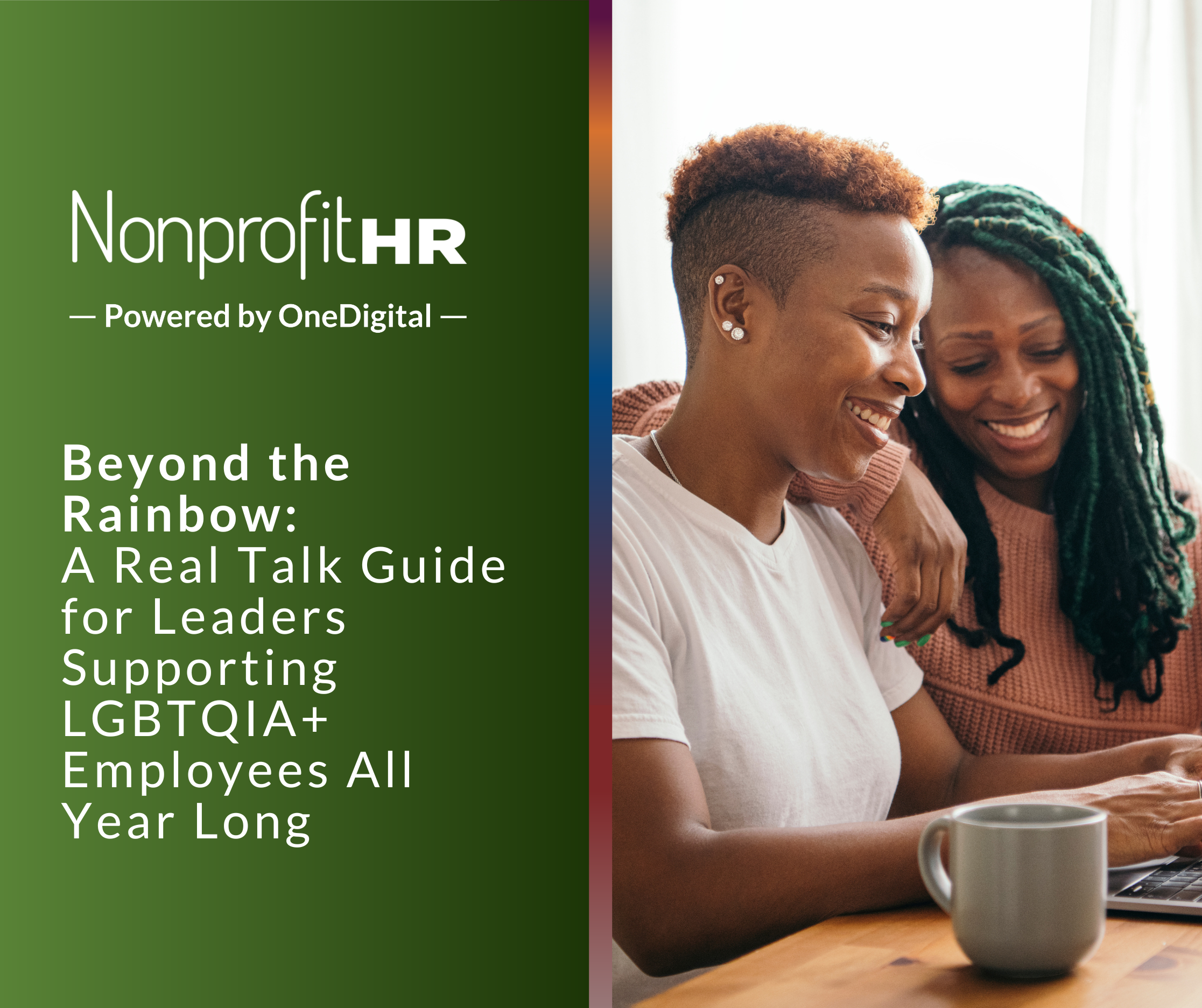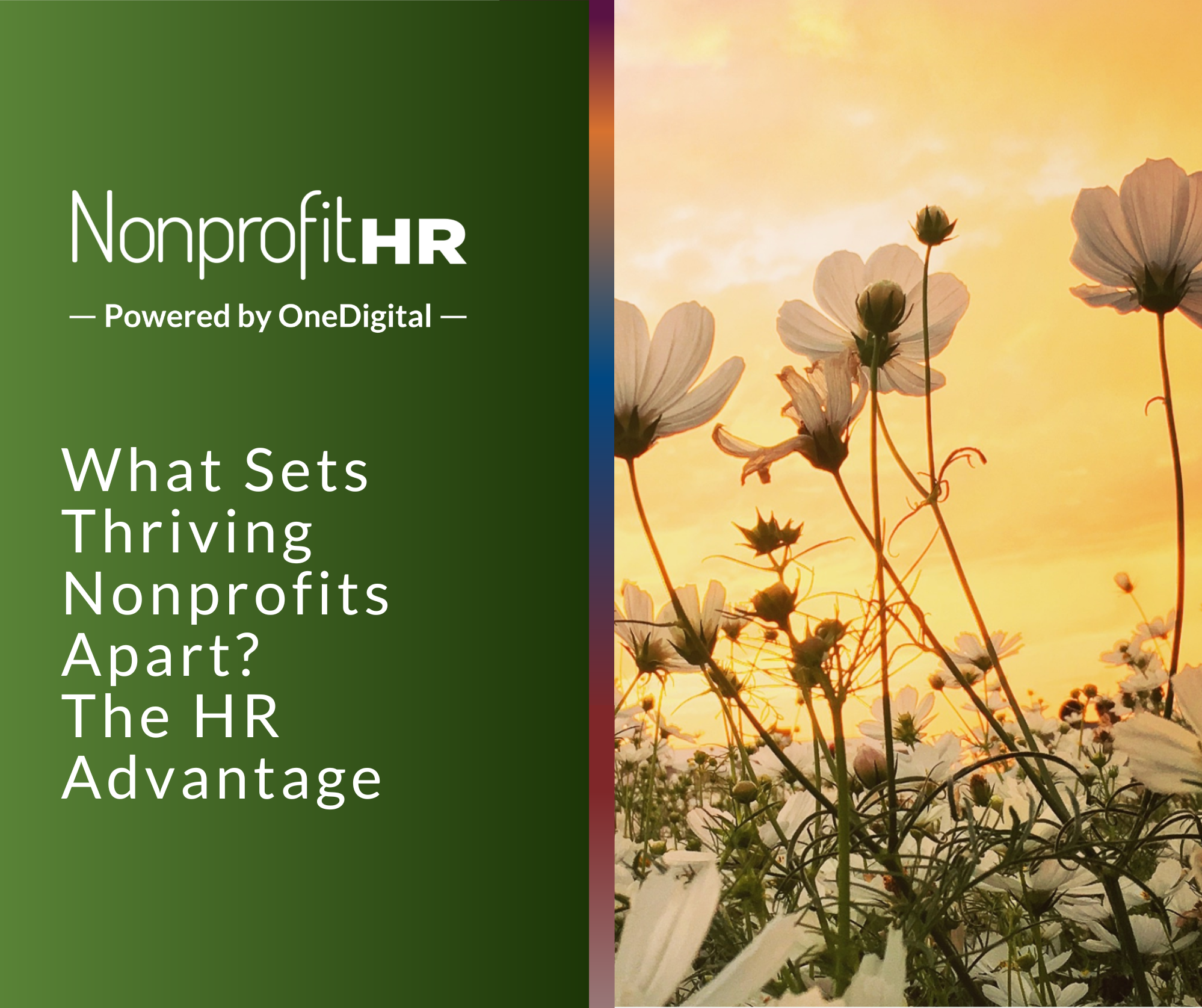WTOP: 5 ways nonprofits can…
We live in a time when we are called to act on our values in small and huge ways; in each of these moments, we choose nothing less than to undo or uphold racism.
There is no neutrality in racism. To act in accordance with an American culture that is built on and steeped in racism is to further legitimize the systemically inequitable practices and structures. To be a force for equity or anti-racism, we are called to embrace disruption, to act against the grain.
In nonprofit work, we must be the standard-bearers. Our work is to provide service to society in spaces where commerce and government fall short. When we fail to embody equity, society has fewer places to turn. This leaves us with specific actions to take. The suggestions below are meant to spark ideas about what each of us can do, but only we will know in our body the moments when we are called to speak and act to disrupt the relentless nature of racism. This work is hard and requires a steadfast commitment. We are undoing our history, our ways of life and what we are taught about how we should regard and relate to each other. It requires us to unlearn, learn and relearn as needed. When our bodies feel the greatest threat for speaking up are the times when our actions will have the most impact. When we have the most to lose are the moments when we have the most to win for an equitable sector and society.
We often describe these bodily responses as moments of fight, flight or freeze. Risking our comfort, livelihood and life to undo the most prevalent evils of our society is what equity demands. And in these actions, our bodies will tell us that we have lived our values.
Seek out marginalized perspectives. While it isn’t anyone’s job to educate you, inviting someone to share their perspective or lived experience is often welcome. Being intentional about getting in proximity to people who experience the world differently than you is critical. Genuinely caring about the perspective of another person is a kind gesture that many people will appreciate.
Actively practice diversity and inclusion personally and in the workplace. Social networks are often sources of opportunity and on average, the social networks of White Americans are 91% White. This results in trapping wealth, power, in-networks and opportunities that are not accessible to people of color. If you find your network to be limited, you might ask yourself what creates the homogeneity and what you might be missing.
Speak up when we see injustice, especially when it’s uncomfortable. If achieving equity or anti-racism were easy, the work would be done. We each need to carry our part.
Understand our own biases and recognize our own spaces of privilege. When we find ourselves making assumptions or judgments about other people based on observations, be curious about where those ideas come from.
Read up on the histories of social issues impacting communities. The state of impoverished communities and wealth inequities was designed by decades of policy and racism. Understanding these mechanisms is key to devising solutions.
Transfer the benefits of privilege to those who lack it to combat inequities. If you find yourself with access that others don’t have, look for ways to invite them in or to have them replace you in that position.
Be willing to take risks and make mistakes. Often, White Americans express feeling unsure of what to say or do for fear of being perceived as racist. Everyone makes mistakes, which are the moments when we learn. Don’t allow the fear of making mistakes or the quest for perfection prevent you from being an active equity leader.
Stay in the game over the long term, even when things are difficult. There are so many avenues for each of us to work toward equity and anti-racism in every area of our lives. A wise friend once told me, “Pick a lane and go hard.” Find the space where you can be most effective. You might find your passion there. Once you find it, stay in the game even when personal and professional stakes are high.
Work to identify and restructure institutional systems within their workplace/community that contribute to inequity. Asking questions about what prevents your colleagues of color from advancing in the workplace often uncovers tips on how to promote equity.





























